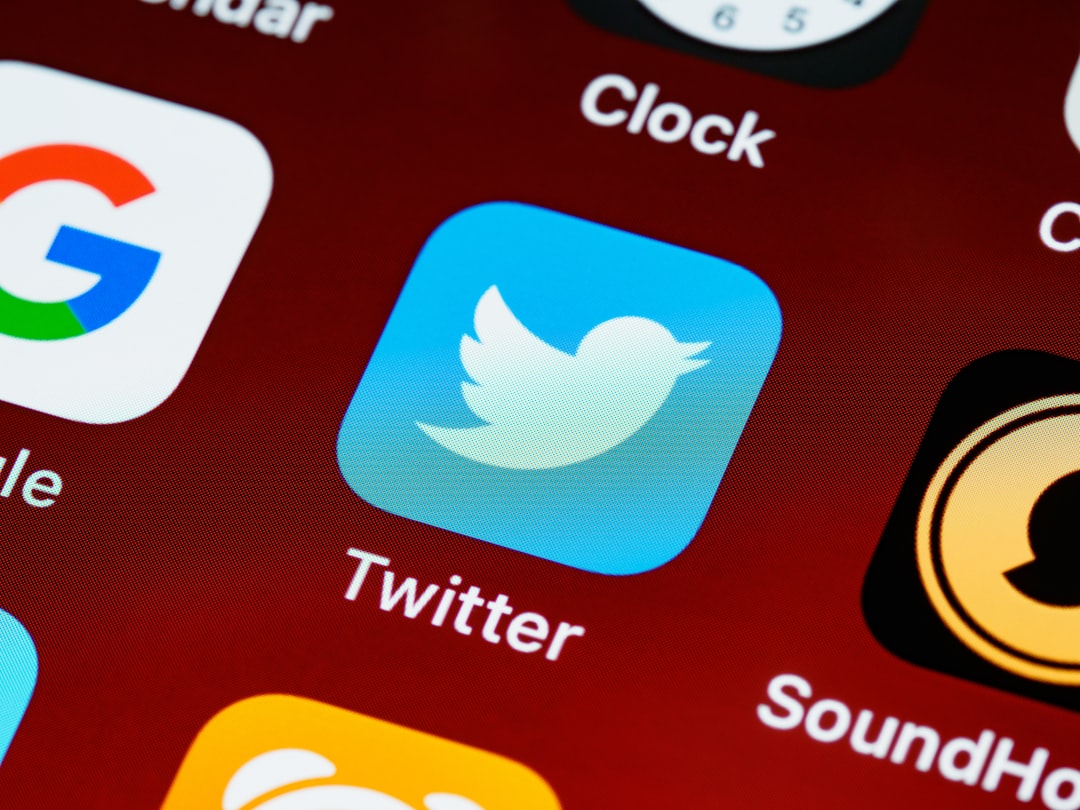Gone to hell, in a manner of speaking, suggests a collapse of integrity, a descent into absolute abandonment. When asked by Neil DeGrasse Tyson for a definition of “nothing”, Stanford physicist Eva Silverstein replied that “[Nothing is] the absence of degrees of freedom…the ground state of a gapped quantum system.”
In other words, hell.
Elon Musk closed on Twitter Inc. on October 27th and the transition in ownership has been rocky to say the least. Talks of an estimated $44 billion buyout were made public earlier in the year and seemed to fall by the wayside when the deal seemed untenable for all parties involved. But here were are. Elon Musk now owns Twitter and is treating it the way I’ve treated most negligible things in my life: I want it, don’t know what to do with it, will make a mess of it.
Except, unlike so many doomers predicting the demise of the platform (that many users have linked to their livelihood since the mid-aughts), I don’t foresee it disappearing anytime soon. Since the acquisition, several redundancies and firings have been reported, as well as general mismanagement and disregard for Twitter’s already established (if inconsistent) social/security policies—but the platform is somehow enduring, and in some ways thriving.
Why, as always, is a good question.
Musk’s palsied, half-joking wish to restore free speech and comedy to Twitter has yielded heretofore untold levels of embarrassment, irony, and ugliness. Whether one dare humanize this as a byproduct of the billionaire’s implacable Gatsbyan loneliness or… not, dunking on Musk seems a symptom of the problem he’s become emblematic of. Regardless of how one feels about any of this, the acquisition is a troubling sign of things to come. The privatization of a quasi-public forum under the guise of liberation (or whatever) is as insidious as the nigh imperceptible macro-shift in climate. And what this portends for the near political future (looking at you 2024) is the open ascent, again, of right-wing MAGA fascism.
It also perhaps suggests an awakening to the odd way we’ve allowed social media to determine our daily lives for nearly two decades. I used to have a significant following on Twitter (and other sites). I built up an online persona and tried to cultivate a community of likers and re-tweeters and hashtag-paved desire paths. But, by 2017, I had become repulsed by my own egoic need to chronicle my every onanistic 140-character-thought, each witty or profound Tweet destined to forever etch me in the annals of digital history.
What instead I succeeded in archiving was a bunch of digital detritus. Who cares?! Maybe two people. Five if you’re lucky. But 380 twitter followers? 1.5 million? So many people you’ll never meet. So many bots you’ll never convince of your humanity, regardless of your skill in properly identifying traffic lights in a Captcha.
I quit Twitter then (as well as Linkedin and other such sites) at the height of Trump’s fever-dream presidency. In retrospect I also chose to let go of a curated network. It was a choice. For good or bad, I don’t regret it.
In its very short lifespan, social media has proven a useful tool. But have we begun to let the tool make use of us? Every time we fail to read the fine print? Every time we check the box and consent to corporate use of our “personal information” (whatever that ever meant)? We (the impossible agglomeration of users who’ve consented to the internet’s nebulous social contract) have, unequivocally now, lost control of the thing. It’s private property. You’re a trespasser. And the dogs have been unleashed. It will get worse before it gets better.







